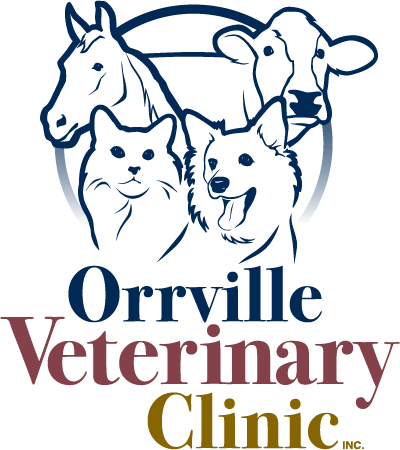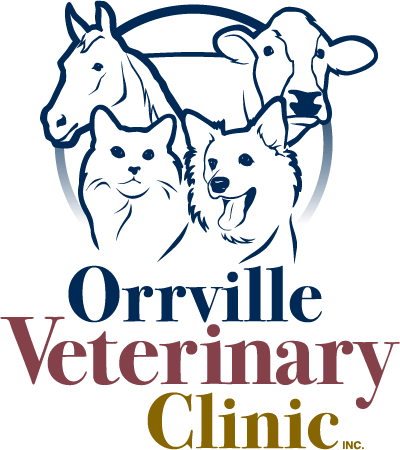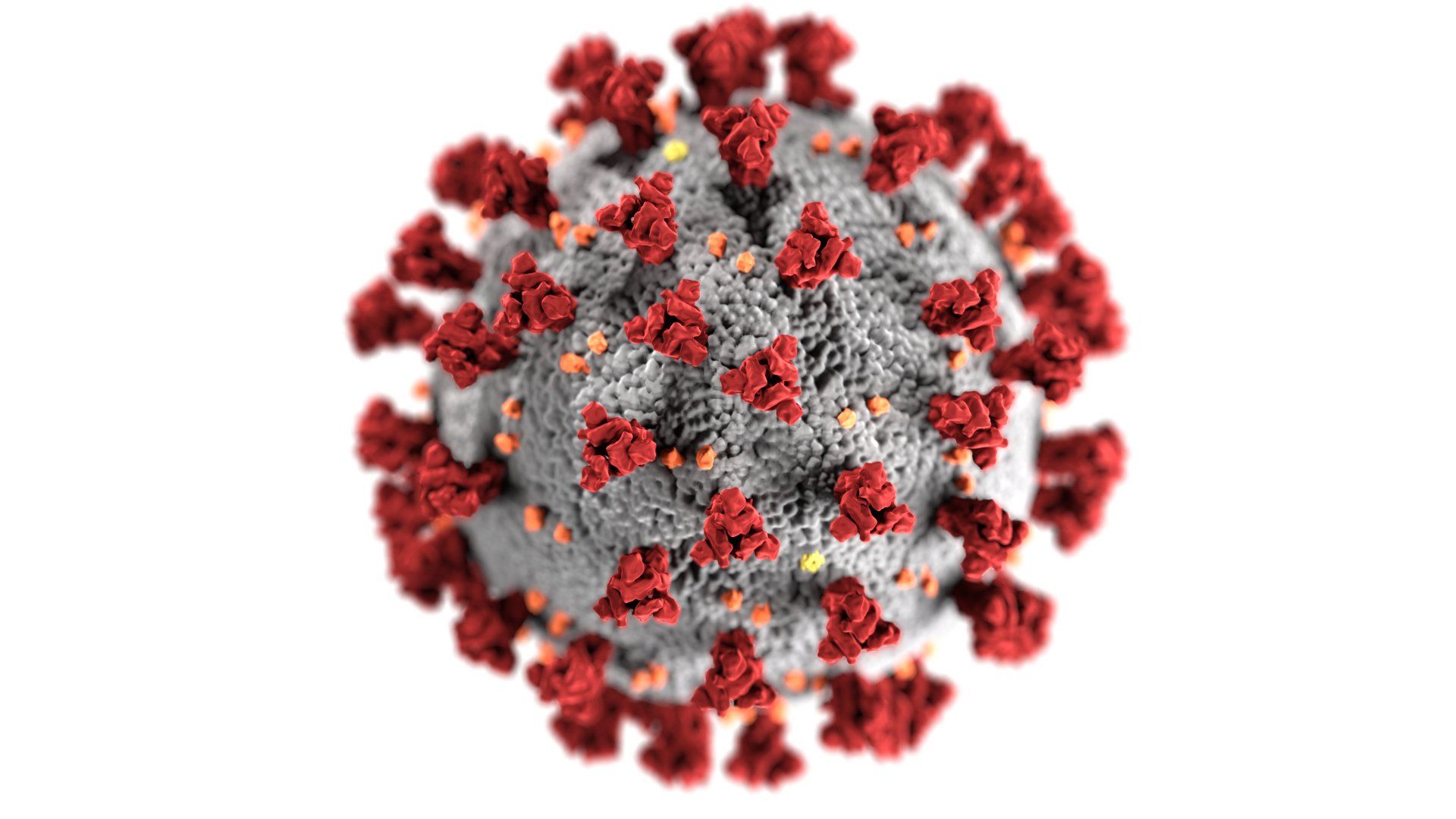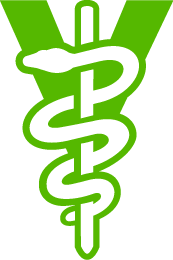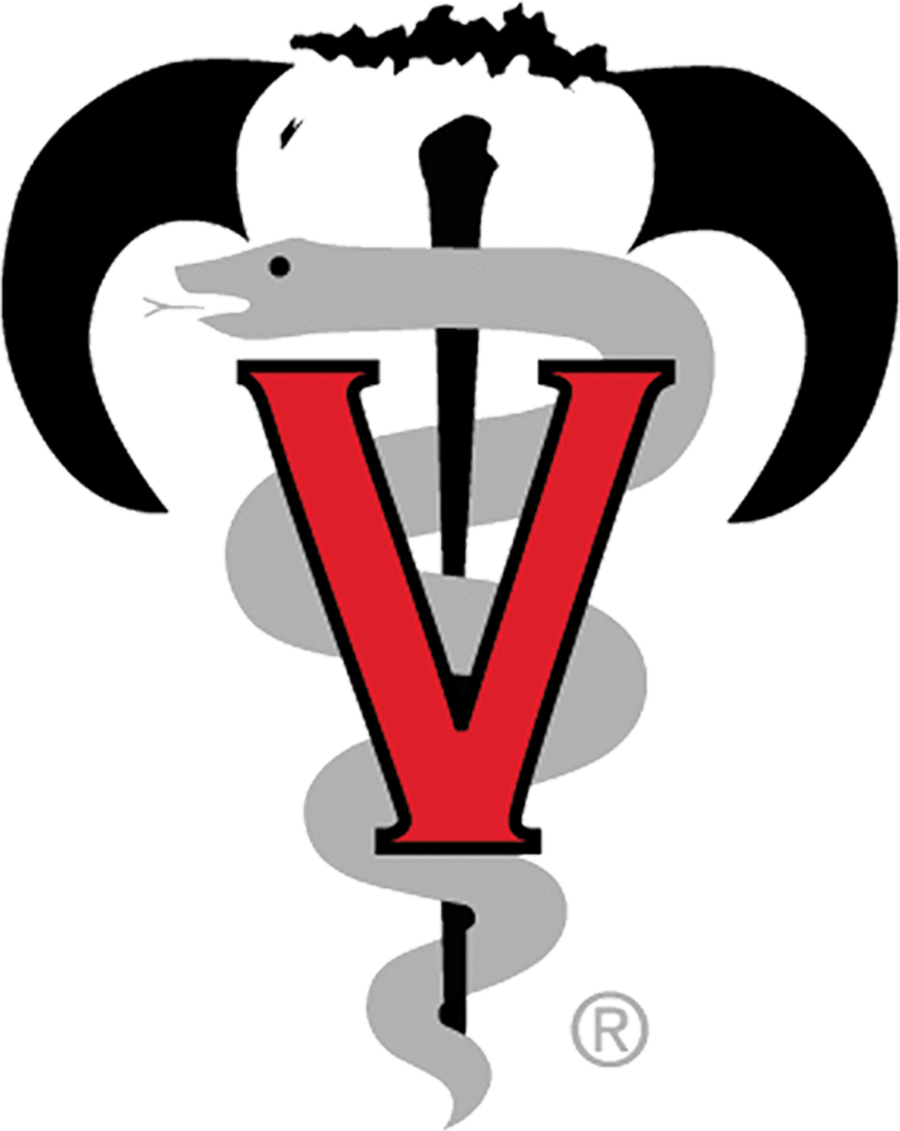Newborn Foal Care
The birth of a live foal is the culmination of a tremendous amount of preparation,
management, and even some good luck. Breeding a mare, keeping her in foal, and
the successful delivery of a live foal is a wonderful course of events when everything
works out as it should. For the broodmare owner, important work continues when
the mare delivers a live foal in a clean, straw-bedded stall. This article will give
some general tips on management of the neonatal foal.
Shortly after foaling the mare should expel the placenta. If this doesn’t happen
within 2 hours, the owner should have oxytocin on hand and give the mare a 1-2cc
dose intravenously or intramuscularly every 15-30 minutes. A larger dose of
oxytocin is not indicated and often has a detrimental effect on placental detachment.
If the placenta is not expelled within 3-4 hours, the veterinarian should be called to
determine the next step. There are many negative consequences of retained
placenta, with foal founder (laminitis) being one of the more common and
detrimental issues. Closely examine the placenta to ensure it has all been expelled,
especially where the placenta attached to the tips of the uterine horns, as this is a
common site of placental tag retention. If you are unsure of how to confidently
examine a placenta, call your veterinarian to perform the examination.
Initial processing of the foal varies greatly amongst mare owners, but should include
dipping or spraying the umbilical stump with an iodine or chlorhexidine-based
solution several times during the first 24 hours of life. The foal should also receive
tetanus prophylaxis and an exam to check for congenital abnormalities such as
hernias, entropion (eyelids rolled inward), heart defects, and cleft palate defects in
the mouth. Mare owners can perform this exam themselves or opt to employ their
veterinarian to give their expert opinion on the health of the foal.
The foal should stand and nurse within several hours of birth. There is wide
variability in the aptitude of foals to successfully find the teat and nurse colostrum.
Human intervention is sometimes needed to guide the foal to the right place. If the
foal is still unable to nurse on its own after a few hours, the owner can milk the mare
and try to feed the foal out of a clean bowl or bottle. There are cheap and effective
systems that can be purchased to efficiently milk a mare. If the foal is still unable to
nurse after several hours of assistance, the owner may consider calling the
veterinarian to administer colostrum to the foal via nasogastric tube to give them an
initial dose of nutrients and immunity.
When the foal is close to 24 hours old your veterinarian can draw blood to determine
the likelihood that the foal received enough colostrum to have a competent immune
system (IgG test). This is a simple and cheap blood test that can be performed stall
side. There are several reasons why a foal might not have received enough
immunity from the colostrum, such as the foal not nursing well, or the mare leaking
colostrum prior to foaling. If the foal has low IgG levels, it is unlikely to be able to
fight off infection and is at greater risk for disease and death. A plasma transfusion
is the therapy for inadequate passive transfer. Your veterinarian can perform this
procedure. Plasma transfusions generally cost $400 and up, depending on the
plasma dose. However, it is well worth the investment to try to save the foal that the
mare owner has already committed so much money and time into. A common
mistake that mare owners make is that they wait until the foal is already fading to
decide to IgG test and transfuse. Being proactive and testing early greatly increases
the foal’s chance for survival.
Despite adequate transfer of passive immunity and a clean environment, disease can
still happen to foals after birth. Any kind of disease in the first few weeks of life can
be devastating and should be treated aggressively. Diarrhea that is not related to
foal heat, respiratory disease, and navel infection leading to joint infection are
several diseases that warrant a call to your veterinarian for either examination or
treatment advice. A clean environment and good ventilation, proper vaccination of
your broodmare prior to foaling, and adequate IgG status of the foal are critical to
prevention of these diseases.
Be ready to treat diseases in your newborn foal and post-partum mare, but work
more diligently to prevent them before they arise. Your veterinarian is there to
help. Don’t hesitate to ask questions and inform them about the issues you might be
having with your foal to ensure health and growth without the hindrance of disease.

